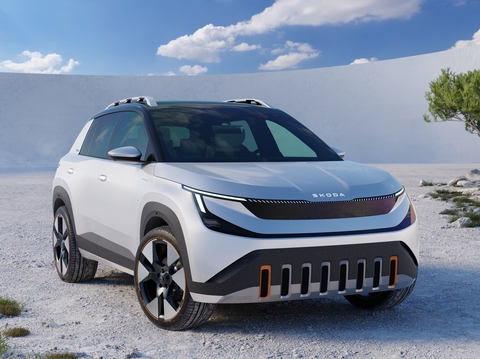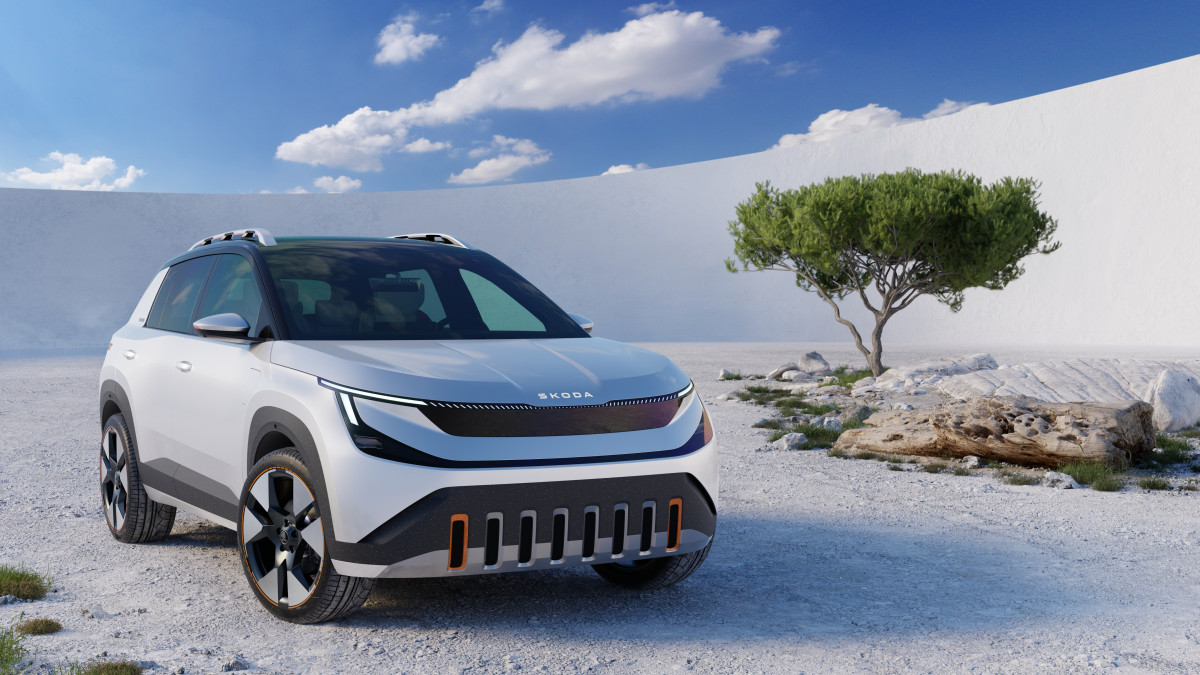Most Exciting SUVs Coming by 2025

The SUV market is steadily shifting toward electric vehicles, with established brands bringing fully electric versions of their popular models. Among the anticipated releases by 2025, two names stand out: the Range Rover EV and the Porsche Cayenne EV. These models are expected to offer the familiar features and quality associated with their brands, combined with the benefits of electric power. Let’s take a closer look at what these vehicles are likely to offer as they join the electric SUV lineup.
Range Rover EV

Credit: Land Rover Media
The Range Rover name has long represented luxury and off-road capability. Now, as it moves towards electric power, the Range Rover EV is expected to bring the familiar qualities of comfort and durability to a new, emission-free format. Designed as a full-size luxury SUV, it is likely to incorporate a spacious, high-quality interior with the advanced technology that has become a hallmark of the brand.
Expected Features and Performance
Early details suggest the Range Rover EV will offer a well-appointed interior, including digital displays and high-end materials, as well as driver-assist features that may include semi-autonomous driving options. Known for balancing rugged off-road capability with refined design, Land Rover has invested in adapting its technology to ensure that the electric Range Rover will be as capable on rough terrain as its traditional models. This includes potentially carrying forward features like Terrain Response, which customises the vehicle’s settings based on driving conditions, and All-Terrain Progress Control, which assists in maintaining steady speed on difficult surfaces.
The predicted battery range sits around 300 miles, with rapid charging options that could support longer trips with minimal downtime. Range Rover enthusiasts will likely find the EV model to be a familiar but updated experience, as the brand seeks to blend its traditional strengths with electric efficiency.
Porsche Cayenne EV
Porsche has made its mark in the electric market with the Taycan, and now it plans to bring similar technology to the SUV segment with the Cayenne EV. Known for combining performance with functionality, the Cayenne EV is expected to deliver a blend of practical features and an engaging drive. The model is set to introduce a fully electric experience for those looking for performance and handling in a larger vehicle.
Performance and Interior Design
Porsche’s focus on engineering performance is likely to translate into the Cayenne EV with different motor options that aim to suit both everyday driving and those who prefer more power. This could include a dual-motor all-wheel-drive system for strong traction and fast acceleration. Interior design is expected to be high-tech and feature a digital display suite that aligns with Porsche’s driver-centric layout, possibly offering customisable settings to tailor the driving experience.
The range for the Cayenne EV is expected to match other luxury electric SUVs, around 300 miles on a full charge. Fast charging will be an option, aiming to keep charging times brief and allowing drivers to manage a busy schedule without much delay. Porsche’s attention to driver experience is likely to be a central feature, with performance settings that enhance electric driving.
Audi Q3
Audi is preparing to introduce a new generation of the Q3, slated for release in 2025. This update is expected to bring refreshed exterior styling, aligning the Q3’s design closer to the larger Q5 model, while providing an array of modern features in the cabin. The interior is likely to include Audi’s latest infotainment and connectivity options, with digital displays and a layout focused on driver comfort and convenience.
The next-generation Q3 is also expected to offer a range of hybrid powertrain options, reflecting Audi’s gradual shift toward electrification. The brand aims to blend efficiency with performance, catering to those who may not be ready to go fully electric but are looking for lower emissions and improved fuel economy. The updated Q3 will appeal to drivers seeking a compact SUV with advanced features and a smoother, more efficient drive.
Volkswagen T-Roc
Volkswagen’s T-Roc is expected to reach the market in its final petrol-powered version before the brand transitions fully to electric vehicles in the UK. The new model will feature a 1.5-litre turbo petrol engine and is likely to incorporate design elements from the larger Tiguan. Inside, Volkswagen is expected to deliver a contemporary and user-friendly interface, with improved infotainment options and comfort-focused features.
This generation of the T-Roc marks a milestone in Volkswagen’s broader strategy, as it plans to phase out petrol, diesel, and plug-in hybrid models. By offering a familiar model with modern updates, Volkswagen aims to provide a reliable option for those not yet ready to make the jump to electric. The T-Roc will likely appeal to buyers looking for a compact, practical SUV with efficient petrol performance and familiar driving dynamics.
Skoda Epiq

Credit: Skoda Storyboard
Skoda’s upcoming Epiq is a compact electric SUV, designed to offer an accessible and practical option in the growing electric market. With a projected starting price aimed at affordability, the Epiq is expected to feature a 56kWh battery that could provide over 248 miles of range on a single charge. The Epiq’s components are likely to be based on the Volkswagen ID.2all concept, ensuring a balance between cost-effectiveness and the latest technology in electric vehicle development.
This model represents Skoda’s push to make electric SUVs more attainable for a wider audience, particularly those looking for budget-friendly options without sacrificing range or essential features. The Epiq is anticipated to deliver a straightforward, functional interior, emphasising simplicity and ease of use, along with connectivity options for modern drivers. With its practicality and lower price point, the Epiq will likely appeal to those entering the electric market for the first time.
A New Direction for SUVs
The Range Rover EV and Porsche Cayenne EV mark a new step for luxury SUVs, pairing sustainable power with the attributes that these brands are known for. They reflect a growing shift in the industry, as more drivers look for environmentally conscious vehicles that still offer quality and reliability. As these models arrive, they will add more options for those who want the benefits of electric driving without sacrificing the space and versatility of an SUV.
Keep an eye on Saxton 4x4 for updates on these and other upcoming electric SUVs. The next few years promise new choices in the luxury SUV market as manufacturers bring electric power into the mainstream. Whether you’re interested in luxury travel or performance-focused driving, the new electric SUVs will offer options to meet a variety of needs.




